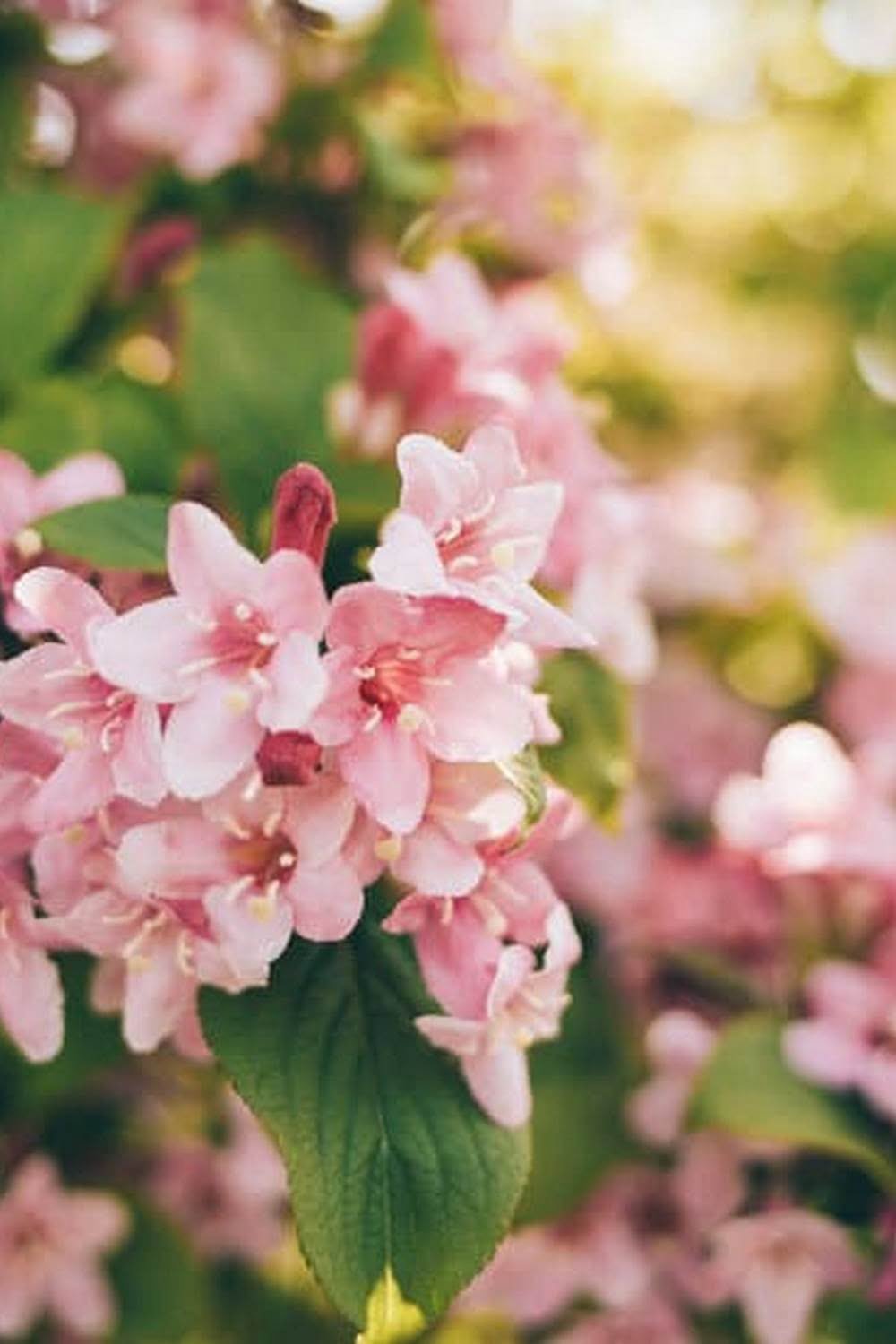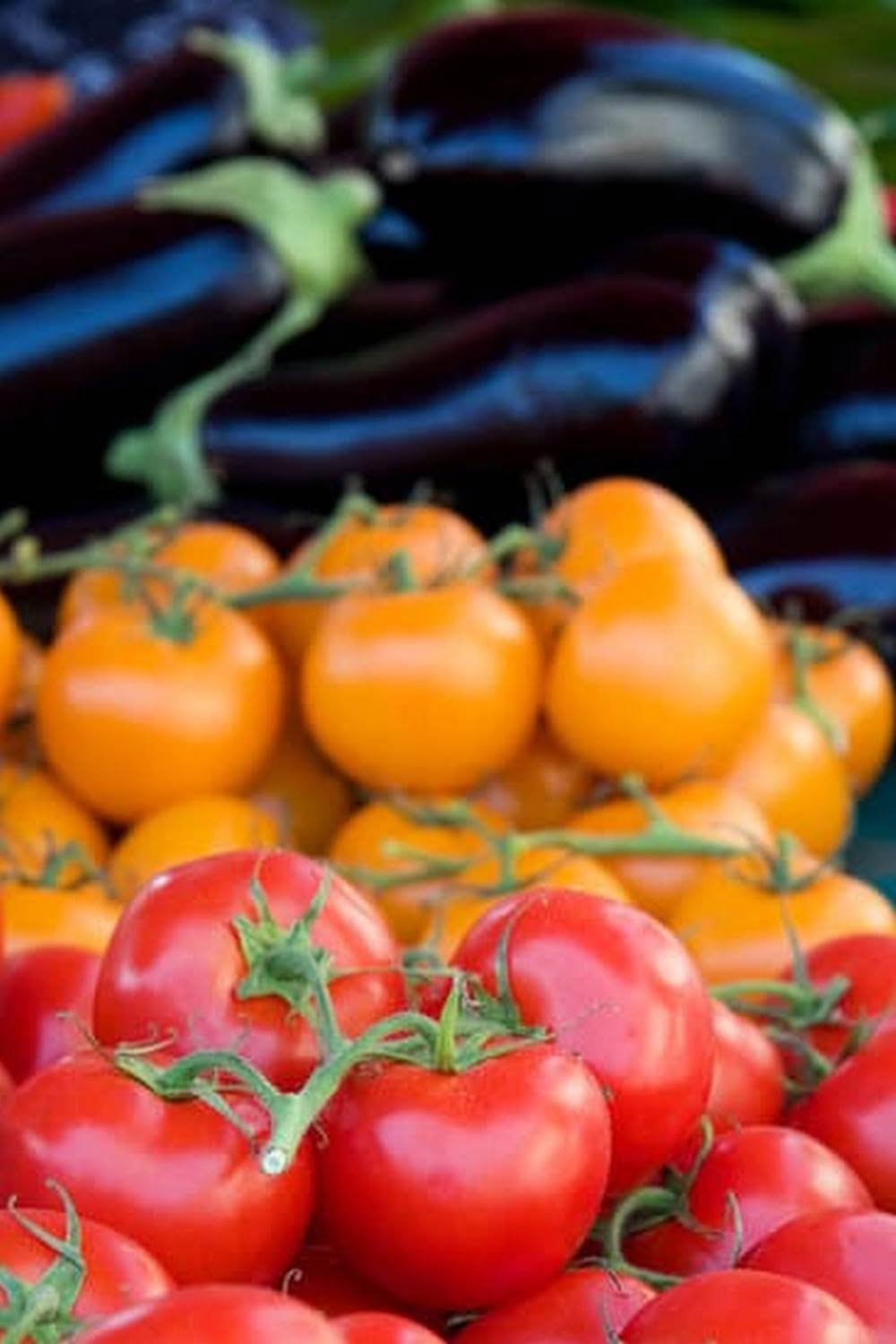Good Soil Mix For Vegetable Garden
When it comes to gardening, the soil mix you choose is key. The right mix will give your plants the nutrients they need to thrive, while also helping to protect them from pests and diseases.
There are many different soil mixes you can use for your vegetable garden, but the best mix for most gardens is a combination of compost, peat moss, and perlite.
Compost is made up of organic materials that have been broken down by bacteria and fungi. It is rich in nutrients, and it helps to improve the texture and structure of soil.
Peat moss is a natural fiber that is extracted from peat bogs. It is high in organic matter, and it helps to retain water and nutrients in the soil.
Perlite is a volcanic rock that has been heated until it expands. It is used to improve the drainage and aeration of soil.
If you want to create your own soil mix, here is how you can do it:
1. Start by mixing together equal parts compost, peat moss, and perlite.
2. Mix in 1/4 cup of organic fertilizer for every cubic foot of soil mix.
3. Add water until the mix is wet but not muddy.
This soil mix is perfect for most vegetable gardens. However, if you are growing crops that require a lot of nitrogen, such as beans or peas, you may need to add a little more organic fertilizer to the mix.
How To Condition Soil For Vegetable Garden
Soil is the most important component of a successful vegetable garden. The texture, structure, and composition of your soil will determine how well your plants grow and how much produce you harvest. Fortunately, you can improve the soil in your garden by adding organic matter. Organic matter helps to improve soil texture, structure, and water retention. It also provides nutrients to the soil that plants need to grow.
There are several types of organic matter that you can add to your soil. The most common are compost, mulch, and manure. Compost is made from decomposed organic materials, such as leaves, grass clippings, and vegetable scraps. Mulch is made from organic materials, such as bark, straw, or compost, that is applied to the surface of the soil to help retain moisture and suppress weed growth. Manure is made from animal waste and is a great source of nutrients for plants.
To improve the soil in your garden, add 2 to 3 inches of compost, mulch, or manure to the surface of the soil. Work the organic matter into the soil with a shovel or tiller. You can also add organic matter to your garden by planting cover crops. Cover crops are plants that are grown specifically to improve the soil. They are typically planted in the fall and winter, and then tilled into the soil before the garden is planted in the spring.
If you are using compost, mulch, or manure, be sure to read the label to make sure that the product is organic. Some compost, mulch, and manure products are made from synthetic materials, which can harm your plants.
Soil is the most important component of a successful vegetable garden. The texture, structure, and composition of your soil will determine how well your plants grow and how much produce you harvest. Fortunately, you can improve the soil in your garden by adding organic matter. Organic matter helps to improve soil texture, structure, and water retention. It also provides nutrients to the soil that plants need to grow.
There are several types of organic matter that you can add to your soil. The most common are compost, mulch, and manure. Compost is made from decomposed organic materials, such as leaves, grass clippings, and vegetable scraps. Mulch is made from organic materials, such as bark, straw, or compost, that is applied to the surface of the soil to help retain moisture and suppress weed growth. Manure is made from animal waste and is a great source of nutrients for plants.
To improve the soil in your garden, add 2 to 3 inches of compost, mulch, or manure to the surface of the soil. Work the organic matter into the soil with a shovel or tiller. You can also add organic matter to your garden by planting cover crops. Cover crops are plants that are grown specifically to improve the soil. They are typically planted in the fall and winter, and then tilled into the soil before the garden is planted in the spring.
If you are using compost, mulch, or manure, be sure to read the label to make sure that the product is organic. Some compost, mulch, and manure products are made from synthetic materials, which can harm your plants.
Lowes Sta Green Flower Vegetable Garden Soil
Lowes Sta Green Flower Vegetable Garden Soil is a high quality soil that is specifically designed for use in flower and vegetable gardens. It is enriched with organic matter, which helps to improve soil fertility and water retention. Sta Green Flower Vegetable Garden Soil is also pH-neutral, so it will not harm your plants.
Can You Use Potting Soil For A Vegetable Garden
?
Yes, you can use potting soil for a vegetable garden. Potting soil is a great growing medium for vegetables because it is lightweight, porous and drains well. It also contains nutrients that are beneficial for plants.
If you are using potting soil in a container garden, be sure to choose a soil that is specifically designed for containers. Do not use garden soil, as it is too heavy and will not drain well.
If you are using potting soil in a raised bed garden, be sure to mix it with some compost or manure to provide extra nutrients for your plants.
Preparing The Soil For A Vegetable Garden
A vegetable garden is a great way to get fresh, healthy produce right from your backyard. But in order to have a successful vegetable garden, you need to prepare the soil properly.
The first step is to test the soil to see what kind of nutrients it contains. You can do this by taking a soil sample to your local garden center and having them test it for you. Based on the results, you can then add the necessary nutrients to the soil to make it hospitable for vegetables.
The next step is to break up the soil. This can be done with a hoe, shovel, or tiller. Be sure to break up the soil to a depth of at least 12 inches, and mix in some organic matter such as compost or peat moss. This will help to improve the soil’s structure and fertility.
If your soil is clayey or sandy, you may need to add some organic matter to it in order to make it more hospitable for vegetables. Clayey soil is dense and can be hard for plants to grow in, while sandy soil is low in nutrients and can dry out quickly.
Once the soil is prepared, you can start planting your vegetables. Be sure to read the instructions that come with your plants, and follow the recommended spacing guidelines.
A vegetable garden is a great way to get fresh, healthy produce right from your backyard. By preparing the soil properly, you can ensure that your garden will be a success.

If you’re looking to get into vegetable gardening, or are just looking for some tips on how to make your current garden better, then you’ve come to the right place! My name is Ethel and I have been gardening for years. In this blog, I’m going to share with you some of my best tips on how to create a successful vegetable garden.





